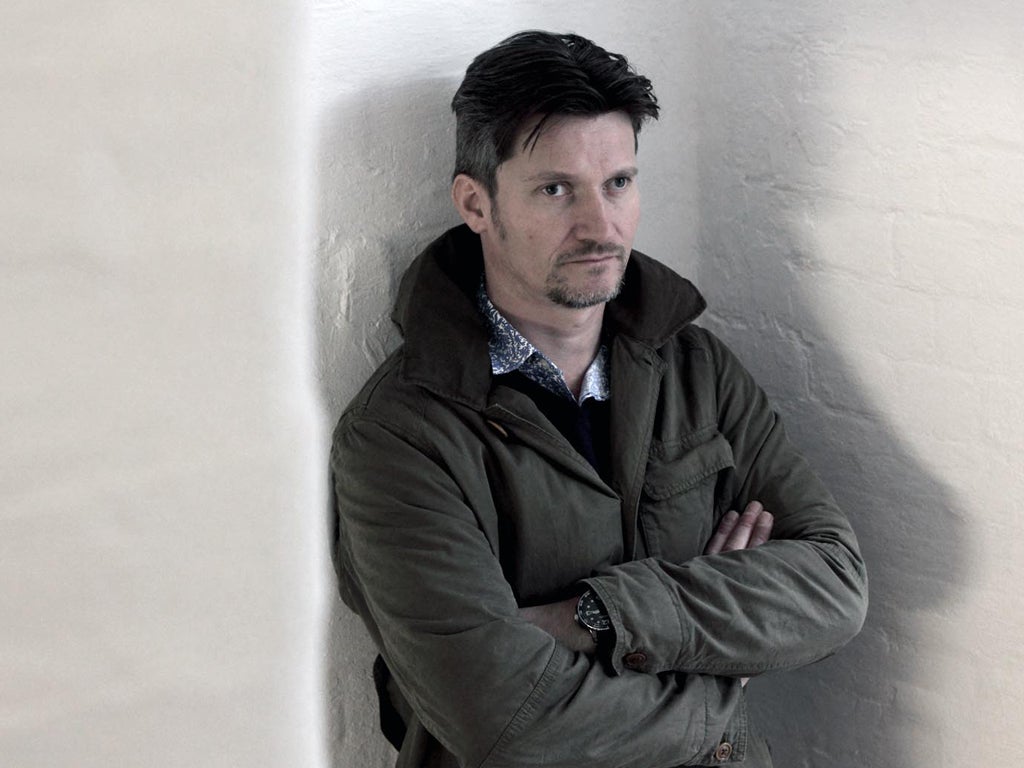Women sue over relationships with undercover officers
Eight say they suffered betrayal by policemen who hid identities to infiltrate activist group

A group of women who say they had long-term and intimate relationships with undercover police officers posing as political activists has launched legal action for damages.
The eight women maintain they suffered personal and political betrayal when they were deserted by the undercover officers or discovered their true identities and roles.
Five police officers have been named in a letter sent to the Metropolitan Police by lawyers acting for the women, who claim they suffered psychiatric and psychological damage. Among the injuries they say they suffered as a result of the "deeply degrading" deceit are depression, anxiety and anger.
The lawsuit says the officers infringed upon the women's human rights "by pretending that they were also political activists who shared their values, aims and broad political outlook".
A statement released on behalf of the women said: "The five undercover officers were all engaged in infiltrating environmental and social-justice campaign groups between the mid-1980s and 2010 and had relationships with the women lasting from seven months and the longest spanning nine years."
The women also said: "We are bringing this case because we want to see an end to the sexual and psychological abuse of campaigners and others by undercover police officers. It is unacceptable that state agents can cultivate intimate and long-lasting relationships with political activists in order to gain so-called intelligence." Three of the five police officers were named last night as Mark Kennedy, Jim Boyling and Bob Lambert. The other two, who have not yet been publicly exposed, were said to have used the aliases John Barker and Mark Cassidy.
The issue of women having sexual relations with undercover officers without knowing their true identities emerged when Mr Kennedy was unmasked. He had been posing an an environmental activist when his then girlfriend, who knew him as Mark Stone, discovered his true identity after finding his passport.
A trial of six protesters who were suspected of plotting to shut the Ratcliffe-on-Soar power station near Nottingham collapsed when he said he wanted his secret recordings to be used to help the defence and his true role became public knowledge. A further 20 protesters had already been found guilty but their convictions were quashed on the orders of the Court of Appeal.
The women seeking legal redress do not want their names to become public and plan to apply to a judge for anonymity if the case goes to court.
A Scotland Yard spokesman said: "We can confirm a letter has today been received and is being considered."
